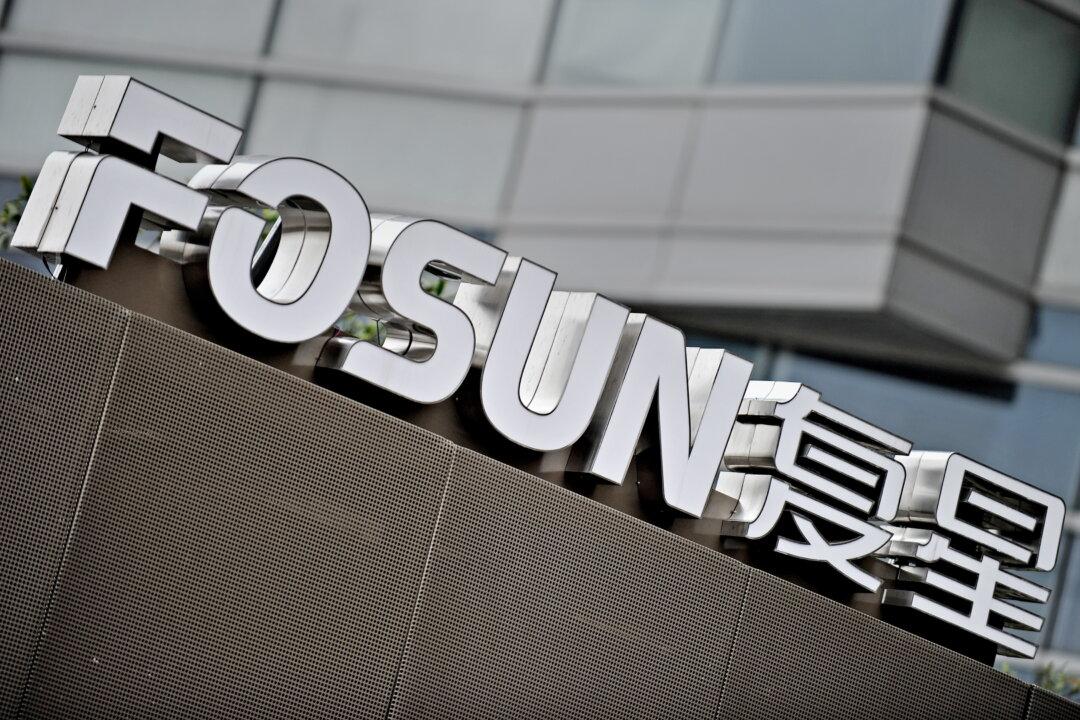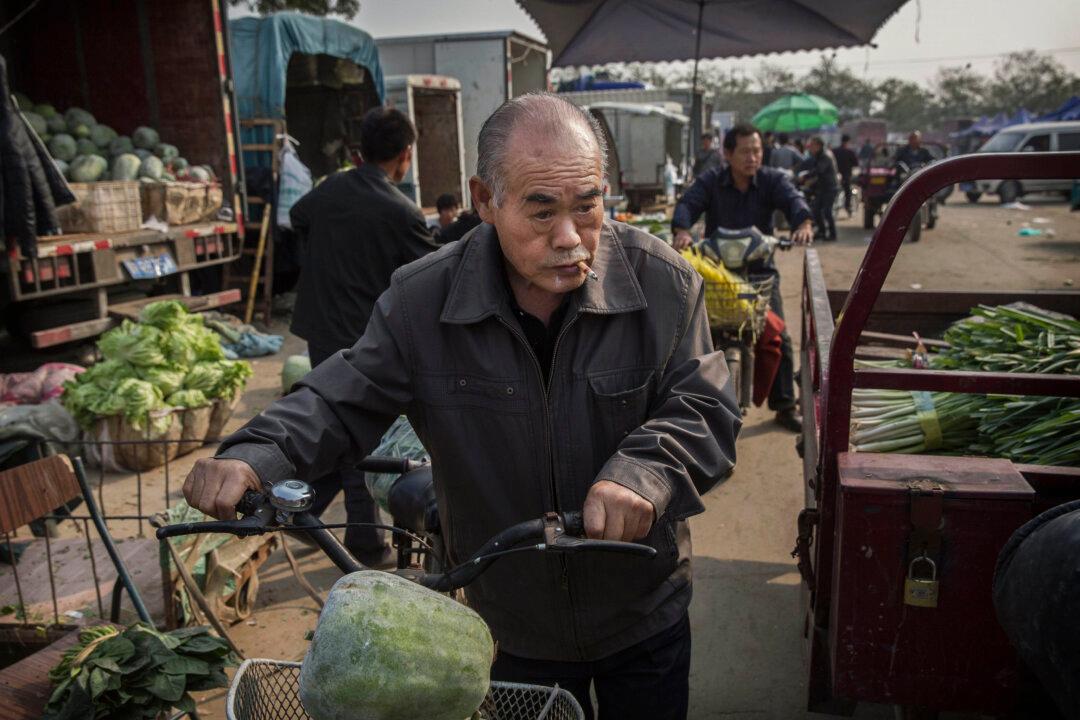While most bankers were on holiday in late December 2014, a bidding war was wrapping up to acquire Club Méditerranée SA. Better known as Club Med, it is one of the biggest international vacation and resort operators.
American private equity giant KKR & Co. and its partner Italian businessman Andrea Bonomi lost out. The winning bid came from Fosun International Ltd., a Chinese investment holding company that, until recently, was little known in the West.
With total assets of 313 billion yuan ($51 billion), Fosun is China’s largest privately owned conglomerate. At first glance, Fosun resembles a diversified investment holding company such as Berkshire Hathaway, or on a much smaller scale, Ronald Perelman’s MacAndrews & Forbes.
Upon closer inspection, Fosun appeared to owe much of its early success to the Chinese Communist Party regime. But in more recent years—as the Party grapples with internal strife and economic uncertainty—Fosun has increasingly shed its reliance on Party dealmaking.
It’s in the middle of executing an aggressive capital flight out of China, acquiring foreign companies and real estate, in a bid to secure its future regardless of the Party’s eventual fate.
Club Med and Chinese Big Spenders
Fosun’s final bid was 24.60 euros ($29.8) per share, which valued Club Med at around 939 million euros ($1.1 billion). KKR declined to raise its offer above 24 euros per share, which concluded an 18-month-long bidding process for the struggling vacation resort operator.
Club Med has a sprawling portfolio of resorts spanning across the Caribbean, Europe, and Asia. Its recent push to move upmarket hasn’t paid dividends, with revenues falling to 1.38 billion euros in 2014 from 1.41 billion euros in 2013. The company reported a net loss of 9 million euros during each of the last two years. Club Med’s recent profitability challenges, coupled with a stagnant European economy, led Paris-based brokerage firm Oddo to question Fosun’s 939 million-euro valuation of the company.
But it’s easy to see why there’s mutual interest between Fosun and Club Med. In KKR and Bonomi, Club Med CEO Henri Giscard d'Estaing saw private equity investors looking for a quick turnaround, telling Wall Street Journal early December that such a deal “could lead to Club Med’s breakdown.”
In Fosun, Club Med saw a longer-term marriage. Since 2012, Chinese tourists have been the world’s biggest spenders. According to its 2014 annual report, Club Med has two all-inclusive resorts in China and had made marketing to Chinese tourists one of its top priorities even before the buyout.






